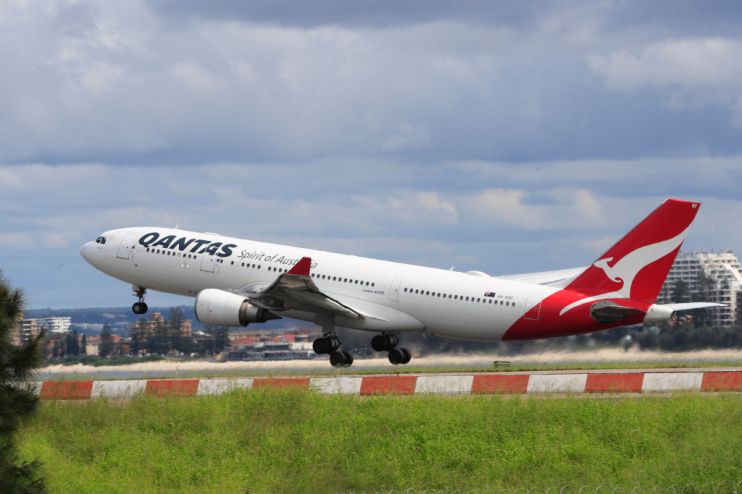Covid-19: Qantas to cut international capacity by 25 per cent due to fall in passenger demand

Australian airline Qantas will cut its global capacity by a quarter over the next six months as part of a package of measures to deal with the plunge in passenger demand caused by coronavirus.
In addition, Australia’s largest airline has delayed an order for 12 Airbus A350-1000 planes while the outbreak continues.
Qantas will also cancel its plans for a AU$150m (£75m) share buyback scheme in order to preserve as much cash as possible in the face of the outbreak.
At the time of its half-year results in February, Qantas was predicting a hit of AU$100m to AU$150m to its earnings, but the Sydney-headquartered airline has now said it can no longer give guidance on the potential impact.
The carrier will ground 38 of its fleet, more than double the 18 that it had announced last month. As a result, eight of the firm’s 12 A380 jets will be grounded, with another two in maintenance.
Chief executive Alan Joyce said that the firm was “using every lever” it could to avoid making redundancies, adding that he thought the firm could do so “into September” with today’s cuts.
Sign up to City A.M.’s Midday Update newsletter, delivered to your inbox every lunchtime
In order to support the cash saving programme, the firm also announced that its chief executive Alan Joyce would take no salary for the rest of the financial year.
Both the firm’s board and its executive management group will also take a 30 per cent pay cut.
In terms of the Airbus deal, Qantas had been expected to place an order for the A350-1000s, which can fly from Sydney to London non-stop, by the end of March.
However, Joyce said that as a result of the outbreak the firm had asked Airbus for a delay in the decision:
“We would rather wait for the coronavirus issue to be out of the way before we put a firm aircraft order in for the A350”, he added.
In a statement, he said: “The Qantas Group is a strong business in a challenging environment. We have a robust balance sheet, low debt levels and most of our profit comes from the domestic market. We’re in a good position to ride this out, but we need to take steps to maintain this strength.
“When revenue falls you need to cut costs, and reducing the amount of flying we do is the best way for us to do that”.